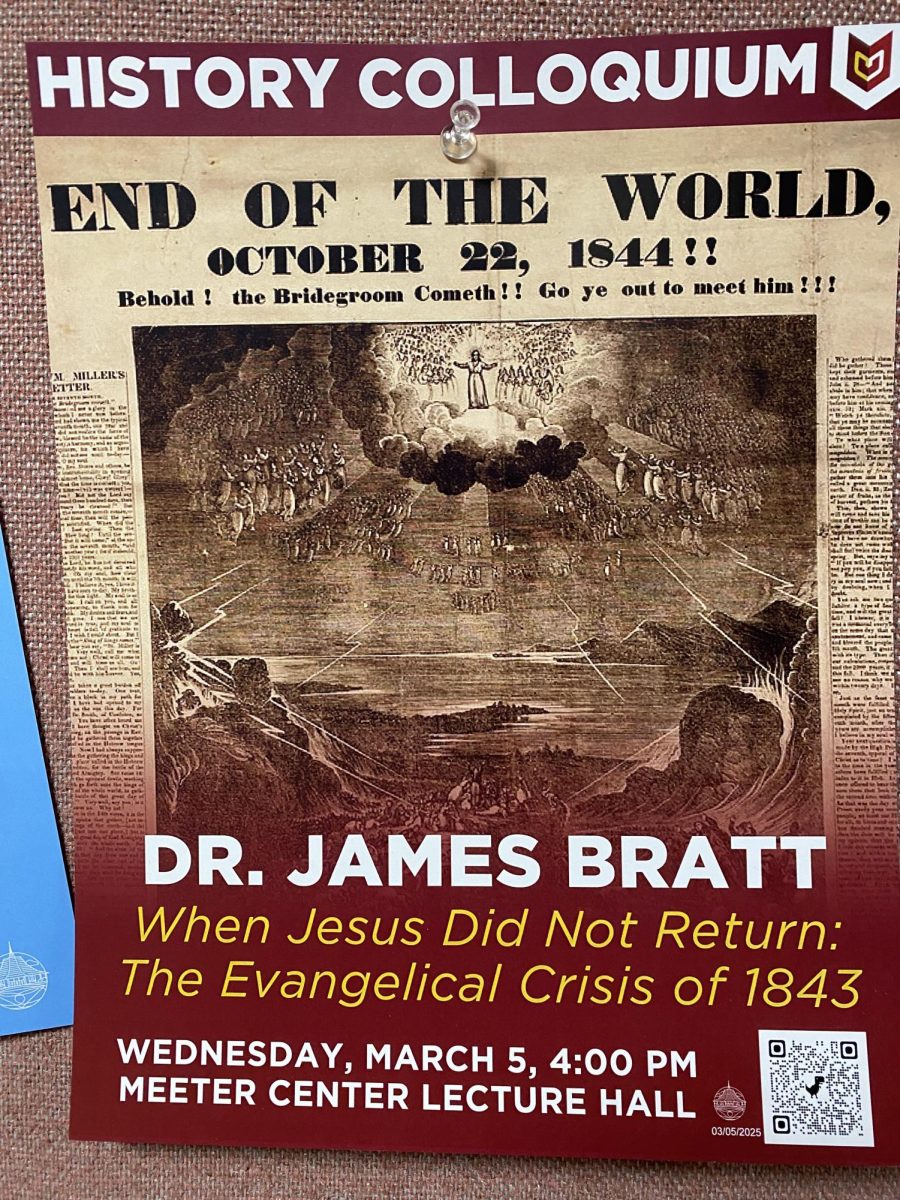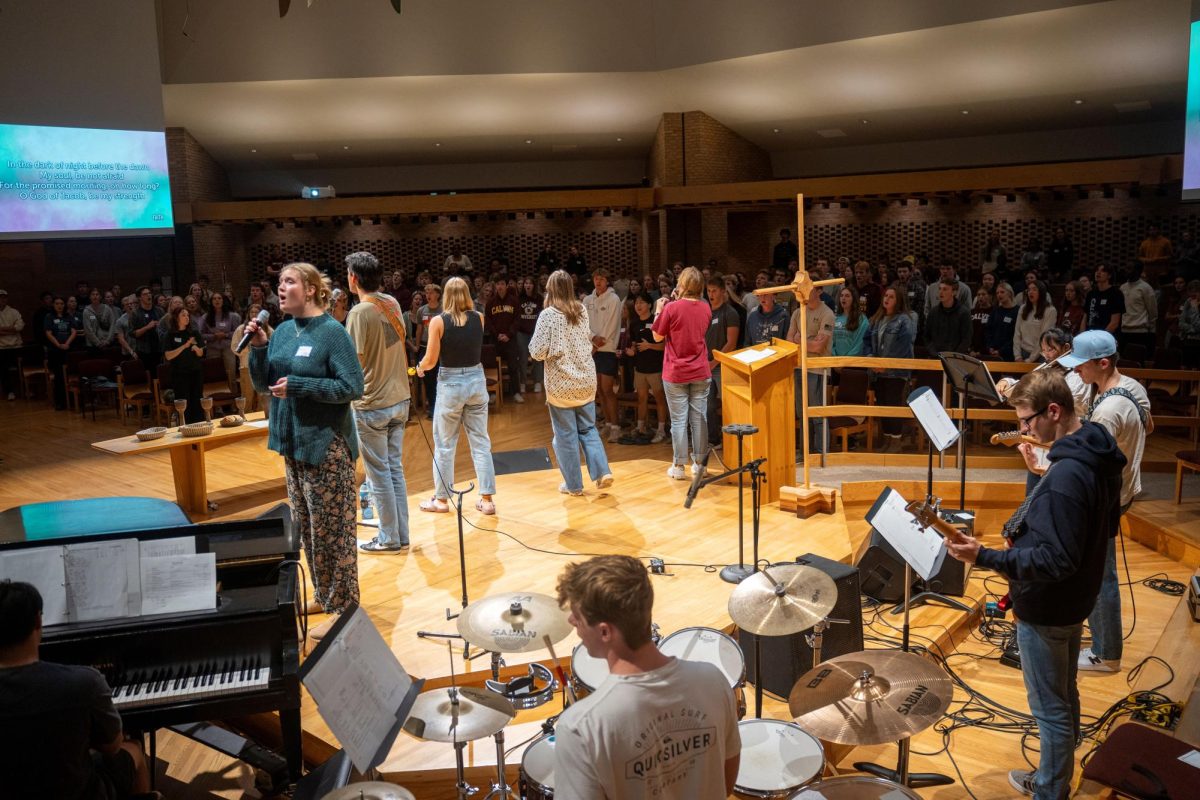In the book of Genesis, Abraham was willing to trust fully in God and obey his instructions. He was fully persuaded. He did so not knowing the outcome but trusting that God would not harm him. This story shows that God is concerned with our immediate needs as well as the grand scheme of things. To make this connection, we need to look at Genesis 22:14: Abraham named the place “The Lord will provide.” This ties together with what Abraham said in Genesis 21:33 when he called God “the everlasting God, (El Olam, in Hebrew) the enduring God which depicts God as responsible for the grand schemes of things. He is the God of the Long term” (Keener/Walton, 2017). This would be a revelation to Abraham. His covenant with God is not just a replacement for one of the standard categories of deity of that time. “He [God] is filling all the roles of deity. We can only begin to understand how revolutionary this was” (Keener/Walton, 56). God is concerned with every aspect of life, but especially faith, as God wants people to believe, and therefore we must believe until it becomes. According to scholars, the name “YHWH-Yireh”, is Hebrew for the Lord will provide (Keener/Walton, 2017). This adds up according to the experiences Abraham was having with God.
This story is undoubtedly about faith, but it also is about repentance or regret. Abraham’s treatment of Hagar and Ishmael was not right. When we let emotions drive us, it is easy to forget that if we play with the devil, he is the one dealing the cards and he is always playing for keeps. We all are presupposed to get lost in the fight or flight response when anxiety sets in. The disease of self permeates one’s soul and pretends that it can’t be beat. Control is an illusion and one may feel as though one has a grip on it, but then, it Houdinis you and you lose it.
Within the culture of today, faith and patience don’t seem to be necessary ingredients and even feel counterintuitive at times. For it’s easier to run from the giant of anxiety associated with hurt than face it head on with faith. And do we ever so run; We run behind the bottle, behind some rush of adrenaline or into some unintentionally self-sabotaging event, an event that normally involves the self-inflicting deadly poison of our own tongue. This has always been a fallen human reaction to the lack of control. This was what Abraham did before he had the life changing revelation that God is in the business of the big and the small things in life. And God’s currency is faith. We are to see this through the lens of that time, by metaphorically placing the sandals of a flawed old man named Abraham on ourselves. By doing so we see ourselves in Abraham’s reflection.
We can all self-sabotage the good things in our life by attempting short cuts. I feel Abraham’s story is also about falling down and getting back up. We know he sojourned the land for a time. I can only imagine what conversations or scenarios that must have ran through his head before the incident at Moriah with Isaac. I have ADHD, and it has been said that people with ADHD tend to think outside the box, for they don’t realize that a box is even there. I am in no position to diagnose Abraham, nor am I saying he had ADHD, but I do know his faith was outside the box. We all need to come to the same realization Abraham did, for God cares about every aspect of our life.
The story of Abraham ends in another chapter of Genesis with both Isaac and Ishmael coming together to bury their father. I feel there is a valuable lesson in that as well. We all need to come together to bury past hurts to move forward in love.





